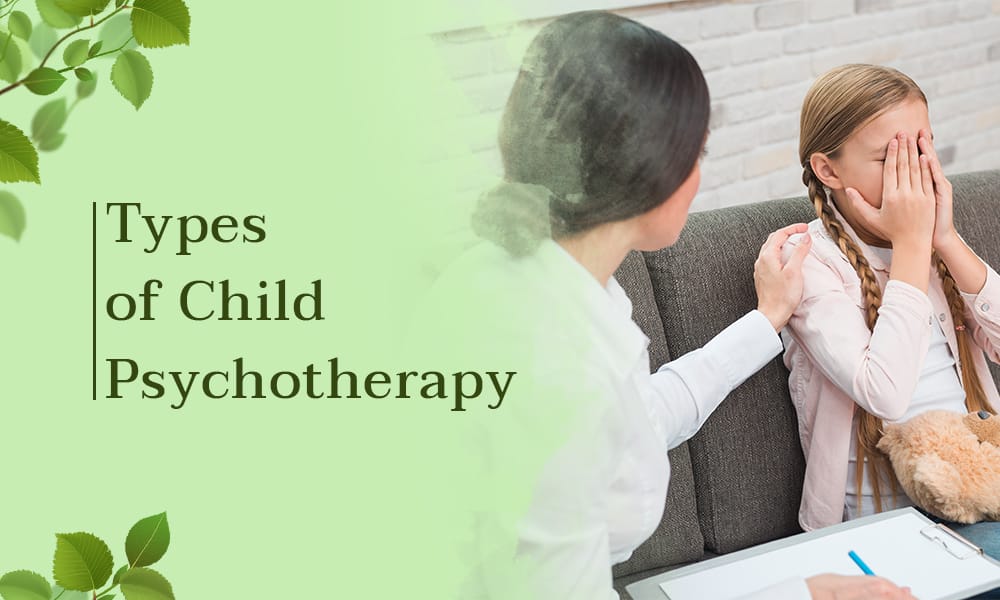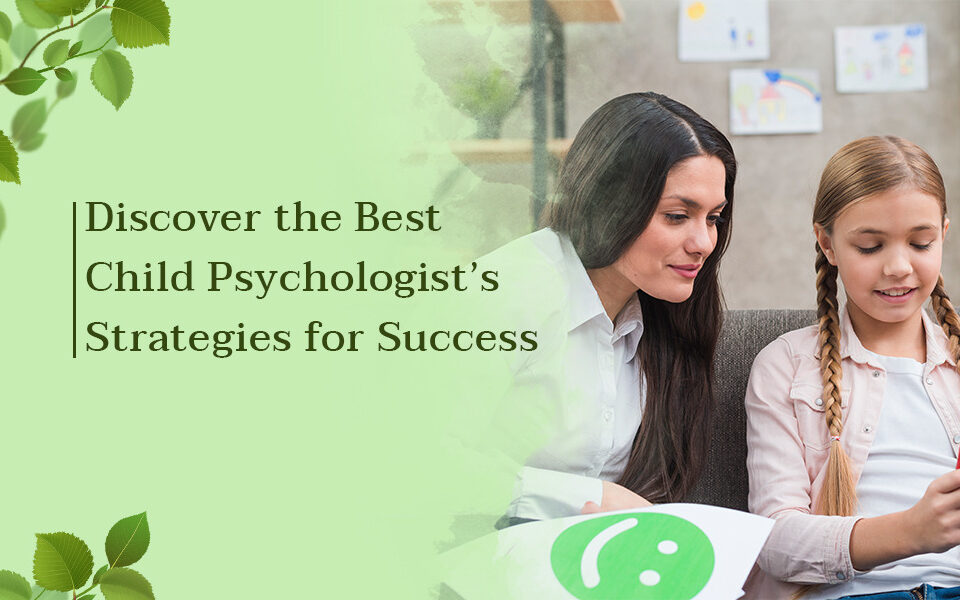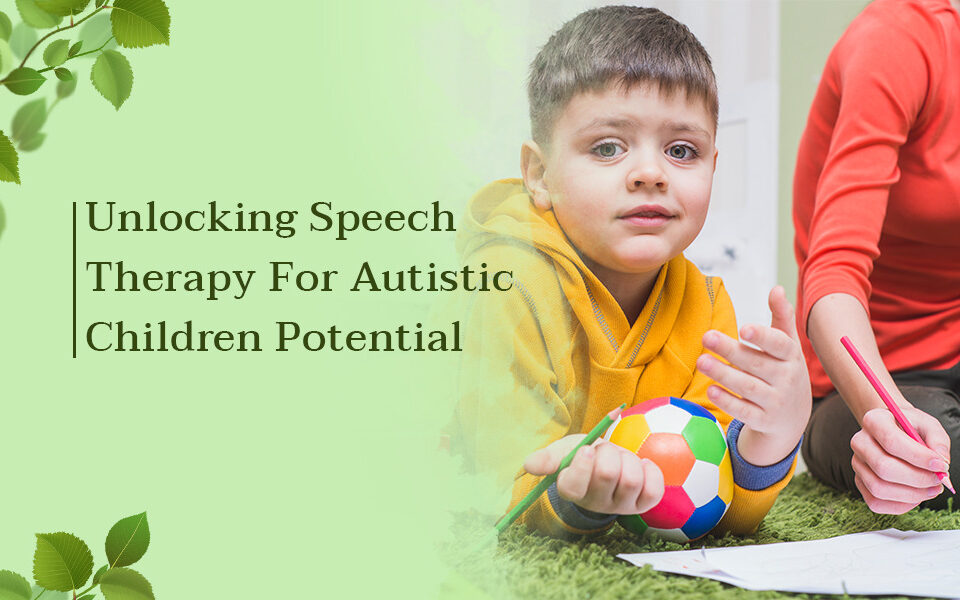- Jofa Tower 5th floor, SB-23, Block 13 C, Main University Rd, Gulshan-e-Iqbal, Karachi.
- +92 322 3746726
- tis@transformation.com.pk
Types of Child Psychotherapy

Drug Rehabilitation Services
August 16, 2023
What is the treatment of Drug addiction?
August 18, 2023Child psychotherapy emerges as a specialized and finely honed therapeutic approach, uniquely tailored to address the specific needs and intricacies of young individuals. Its profound significance lies in its capacity to serve as a guiding compass, steering young minds through the intricate landscape of their emotions. At its core, child psychotherapy is a nurturing journey that equips children with essential tools for navigating their emotional terrain, cultivating resilient coping mechanisms, and fostering an unwavering inner strength. This article embarks on an illuminating expedition into the realm of child psychotherapy, unveiling a curated selection of potent therapeutic methodologies that have been carefully sculpted to amplify the mental and emotional well-being of children.
Play Therapy:
Play therapy is a therapeutic method in which children participate in play and a variety of creative activities to communicate their thoughts, emotions, and experiences. Play therapists establish a secure and nurturing setting, enabling children to openly express themselves through play. This therapeutic approach encourages children to utilize toys, games, and imaginative scenarios to delve into their feelings, address difficulties, and cultivate problem-solving abilities. Play therapy is especially valuable for younger children who may encounter challenges when expressing themselves verbally.
Cognitive-Behavioral Therapy (CBT):
Cognitive-Behavioral Therapy (CBT) is a method of therapy that follows a structured and purpose-driven approach, aiding children in comprehending the interplay between their thoughts, emotions, and actions. It centers on recognizing and transforming detrimental thought patterns and behaviors that give rise to emotional turmoil. Within the realm of CBT, children acquire the capacity to question irrational beliefs, construct effective coping mechanisms, and acquire aptitudes for navigating challenges such as anxiety, depression, and other emotional obstacles. It's noteworthy that CBT is often tailored to suit a child's developmental stage, ensuring its optimal efficacy.
Art therapy:
Art therapy encompasses the utilization of diverse artistic mediums like drawing, painting, sculpting, and other creative endeavors, as a means for children to convey their thoughts and navigate their emotions. Skilled art therapists facilitate the process, aiding children in crafting their artworks and subsequently delving into the symbolism and significance encapsulated within their creations. This mode of communication provides an avenue for children to articulate intricate feelings and experiences that might be challenging to verbalize. Ultimately, art therapy fosters self-exploration, emotional balance, and individual development by harnessing the power of creative expression.
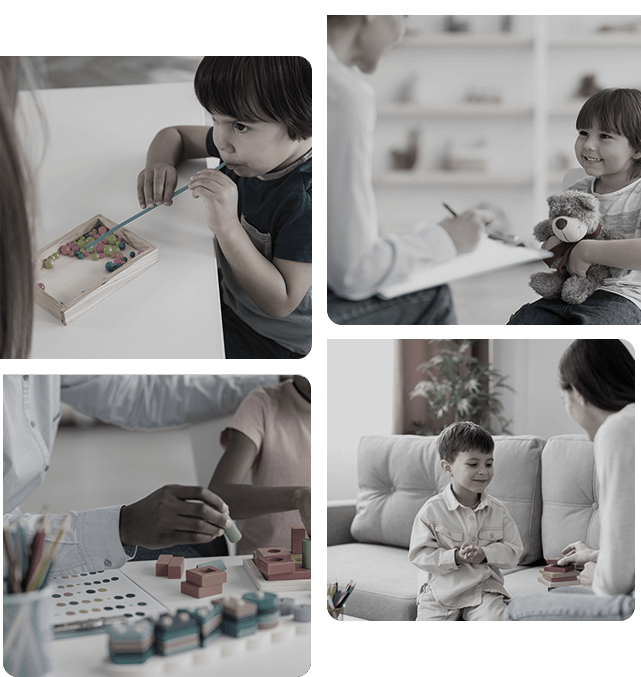
Parent-Child Interaction Therapy (PCIT):
Parent-Child Interaction Therapy is a family-focused intervention that aims to improve the parent-child relationship and address behavioral issues. In PCIT, therapists work with both the child and the parent to enhance communication, discipline techniques, and positive interactions. Parents are coached in effective parenting skills, such as active listening, positive reinforcement, and setting boundaries. PCIT strengthens the parent-child bond, helps parents manage challenging behaviors, and promotes a supportive and nurturing environment for the child's emotional development.
Trauma-Focused Cognitive-Behavioral Therapy (TF-CBT):
TF-CBT is a specialized approach designed to help children who have experienced trauma. It combines cognitive-behavioral techniques with trauma-focused interventions to address the emotional impact of traumatic events. Through TF-CBT, children learn to process and cope with traumatic memories, manage distressing emotions, and develop healthy coping mechanisms. This therapy also involves involving parents or caregivers to provide support and create a sense of safety for the child.
Narrative Therapy:
Narrative therapy involves helping children reframe and reinterpret their personal stories and experiences. It focuses on separating the child from their problems and encouraging them to view themselves as separate entities from their challenges. This approach empowers children to create alternative narratives that highlight their strengths and resilience, allowing them to reauthor their own life stories.
Gestalt Therapy:
Gestalt therapy encourages children to focus on their present experiences and sensations. It helps them become more aware of their thoughts, feelings, and bodily sensations, promoting self-awareness and emotional understanding. Through guided exercises and discussions, children can gain insight into their emotions, behaviors, and the patterns they exhibit in their interactions.
Attachment-Based Therapy:
Attachment-based therapy focuses on enhancing the bond between children and their caregivers. It addresses disruptions in attachment relationships and helps children develop secure and healthy attachments. This approach is particularly beneficial for children who have experienced early trauma or disruptions in their primary relationships.
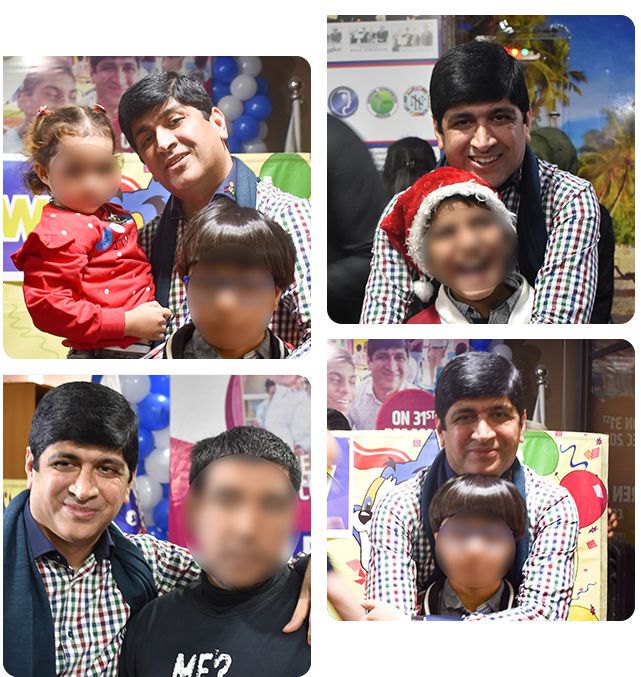
Social Skills Training:
Social skills training is geared towards helping children develop effective social interaction skills and improve their relationships with peers. Through role-playing, modeling, and structured exercises, children learn how to communicate, empathize, and collaborate with others, enhancing their ability to navigate social situations and form meaningful connections.
Mindfulness-Based Therapy:
Mindfulness-based therapy teaches children mindfulness and meditation techniques to help them manage stress, anxiety, and emotional reactivity. By cultivating mindfulness, children learn to stay present at the moment, regulate their emotions, and develop a greater sense of self-awareness and emotional balance.
Dialectical Behavior Therapy (DBT)
Dialectical Behavior Therapy (DBT) is a unique therapeutic approach focused on aiding children in managing their emotions, fostering improved interpersonal relationships, and developing effective distress tolerance skills. This methodology seamlessly melds cognitive-behavioral techniques with the practice of mindfulness, enabling children to adeptly navigate intense emotions, curtail impulsivity, and refine their communication and problem-solving proficiencies. By employing this therapeutic technique, children are empowered with practical tools to effectively handle emotional complexities and establish a robust foundation for emotional well-being.
Family therapy:
Family therapy encompasses collaborating with the entire familial unit to navigate conflicts, communication challenges, and relationship intricacies. Given the inherent interconnection between children's emotional welfare and their family context, family therapy strives to enhance familial interactions, reconcile disputes, and foster a nurturing environment that fuels the child's development and recovery journey.
Solution-Focused Brief Therapy (SFBT):
Solution-Focused Brief Therapy (SFBT) is a purpose-driven methodology that centers on recognizing and amplifying a child's inherent strengths and available resources. This therapeutic approach inspires children to envision constructive resolutions to their difficulties and actively engage in their pursuit. Through the exploration of their desired outcomes and incremental strides toward transformation, SFBT equips children with the tools to orchestrate affirmative changes in their circumstances. This process fosters a profound sense of empowerment and ownership, empowering children to take charge of their journey toward positive growth and development.
Child Psychotherapy & Autism Treatment Center in Karachi
Book An Appointment For Intake Session / Consultancy / OPD charges Rs. 1000/- only

